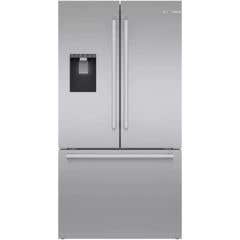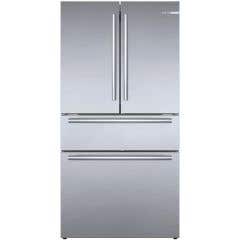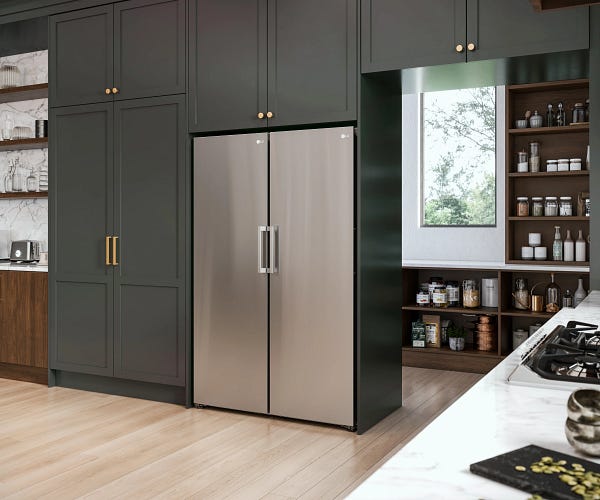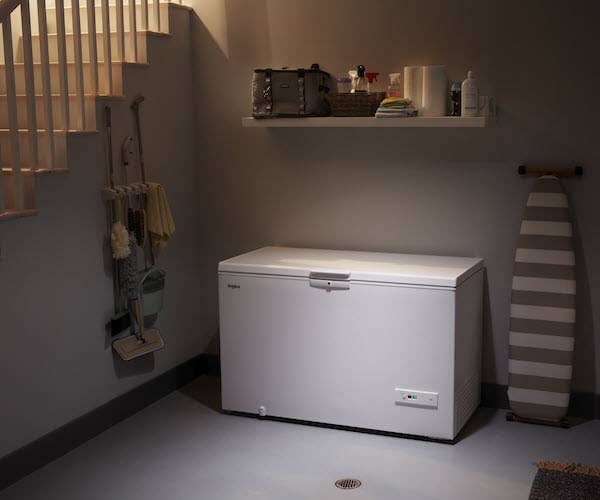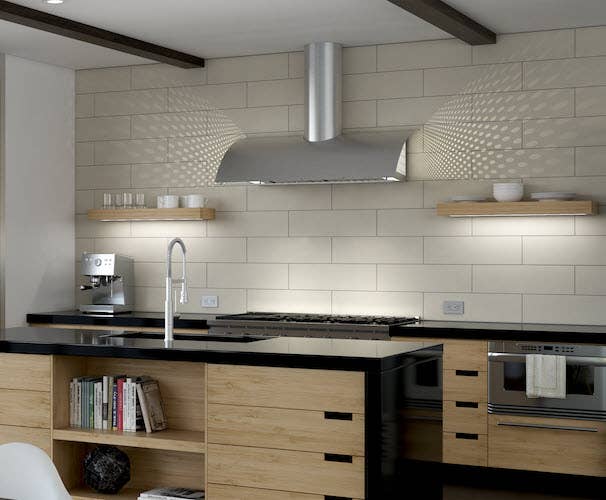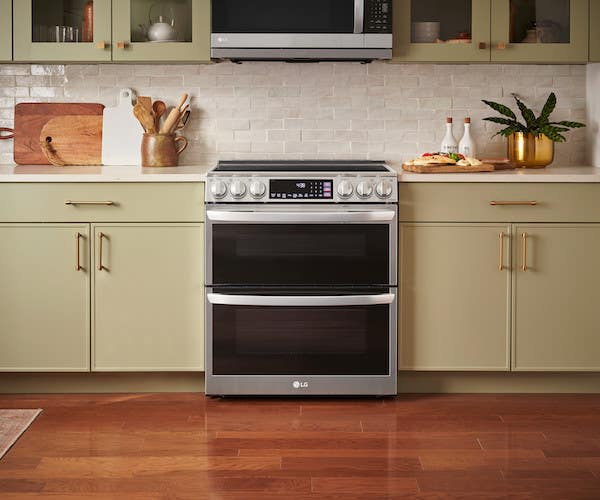Did you know?
That driving 4,500 km in a typical sport utility vehicle pollutes as much as a non-recycled fridge, according to the Corbeil Brigade? Did you also know that up to 3.7 tons of CO2 in an old fridge can equal the ecological footprint of one passenger’s Montreal-to-Paris round-trip flight?
These are just two big reasons dispose of your appliance at the end of its life or during your next move. Let’s learn why and how to recycle a fridge!
Why giving your old fridge a second life is vital.
Can't fix your old fridge?
It happens. So, when it reaches the end of its life cycle, it’s time to recycle it! Here’s why it’s so important to give a second life to our tired, old broken-down fridges:
- Halocarbons contained in refrigerators are harmful to the environment and damage the ozone layer. When your old fridge goes off to a landfill, its gases are released, causing irreparable pollution.
- Materials in refrigerators such as mercury, insulating foam, plastic, glass and metals that are not properly recycled do not decompose naturally, leaving traces in the soil for a very long time.
- According to GoRecycle, a typical refrigerator or freezer is made up of 9 kg of insulating foam, 250 g of contaminated oil, 2 g of mercury, 125 g of gas refrigerant, 76.5 kg of plastic, glass and metals. Not to mention carbon dioxide.
ENERGY STAR certified refrigerators
Why recycling your old fridge is easier than you think.
Now that you see the importance of recycling your old fridge, let’s see how to do it safely and effectively.
There are several Quebec organizations that can help, including:
1/ Your local ecocentre, which gives a second life to refrigerators by properly treating their harmful elements.
2/ There are also a host of companies certified by Recyc-Québec that can take in your old fridge. Here are just a few:
- Carrefour Environnement Saguenay
- Défi Polyteck
- Groupe Aptas
- Groupe Coderr
- La Relance
- Option Métal Recyclé
- PureSphera
- Recyclo-Centre
3/ The GoRecycle site also helps you locate over 250 drop-off points. There’s bound to be one near you.
Whichever option you choose, helping to reduce greenhouse gases and pollution is always a cool choice!
Long live your fridge!











